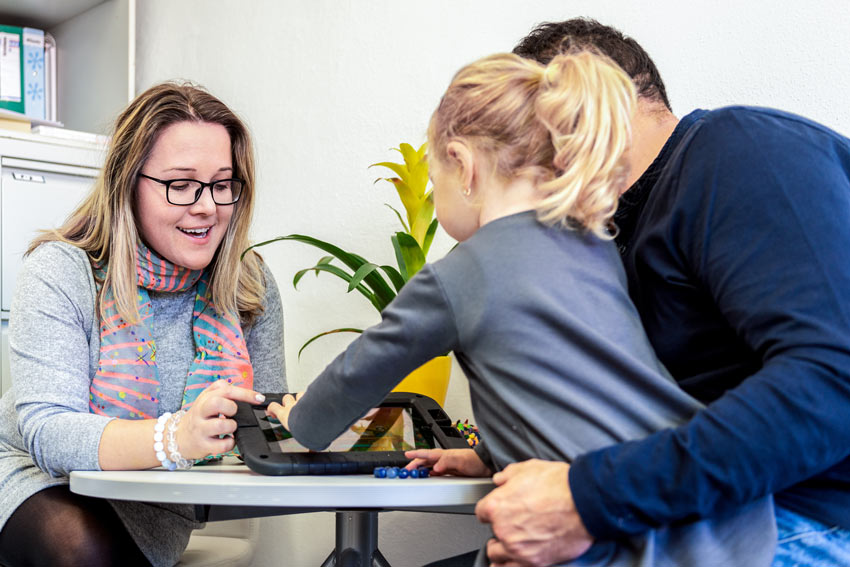When a Loved One Gets Help
Having a loved one in addiction treatment can spark a range of emotions: relief, worry, loneliness, and hope, to name a few. Whether it’s our partner, son, daughter, or other close family member, we feel their absence when they are undergoing residential or inpatient treatment.
We may also feel unsure of what to do or how to support them when they return home, ready to begin their life of sobriety. Your loved one’s time in treatment is the ideal time for you to engage in some much-needed self-care. As you learn how to focus again on your own needs and goals, you can also start learning more about addiction and recovery, preparing yourself for any challenges your loved one’s long-term recovery might bring.
Supporting Your Loved One: Getting Specific
Here are some specific ways to support your loved one in their recovery:
- Help the individual to remember to take any medications they’ve been prescribed in therapy while also checking in with them to see if they have been keeping their therapy appointments.
- Encourage total abstinence from substances, including alcohol, and do not keep any substances in the home.
- Inform yourself about the coping strategies the person is learning in therapy and offer those as reminders when they find themselves stressed or overwhelmed (remember that you can utilize these same strategies for yourself).
- Let the person know that you care about them and that you want to see them do well.
- Know the signs of relapse, and encourage your loved one to build a sober network of friends.
- Stay positive. As easy as it is to slip into negativity or pessimism, neither will uplift you or your loved one.
- Take care of yourself. Seeing a therapist or attending Al-Anon meetings can help you navigate the recovery process.
Supporting Young Family Members Through the Process
So many families wonder about how to take the burden of addiction and recovery off the shoulders of the teens and children in the home. The following activities can help.
- Encourage journaling, talking, or drawing about the truths of addiction as outlined by Dr. David Sack in Psychology Today:
- It’s not about you. Help the child understand that the addiction has nothing to do with them.
- No one hopes or wants to become addicted. Help children understand that their parent or loved one did not become addicted on purpose and never wanted to hurt them.
- Just because someone has started treatment does not mean that they are ready to quit. As harsh as this reality seems, it’s important that children and teenagers be prepared to accept the possibility of relapse–and learn how to create and maintain boundaries.
- You can’t heal their addiction for them; the best course of action is just being yourself and enjoying life as much as you can. Children and teens receive an immense psychological benefit when they don’t feel pressured to be perfect for the sake of their family member’s sobriety. Kids should be kids.
St. Gregory Is Ready to Help
If you, your child/teen, or other family members are struggling with a loved one’s journey toward sobriety, don’t hesitate in contacting us here at St. Gregory Recovery Centers. We can help you know how to support and help your loved one. Family members of our clients can benefit from our Family Program as well. We’re here to help.











